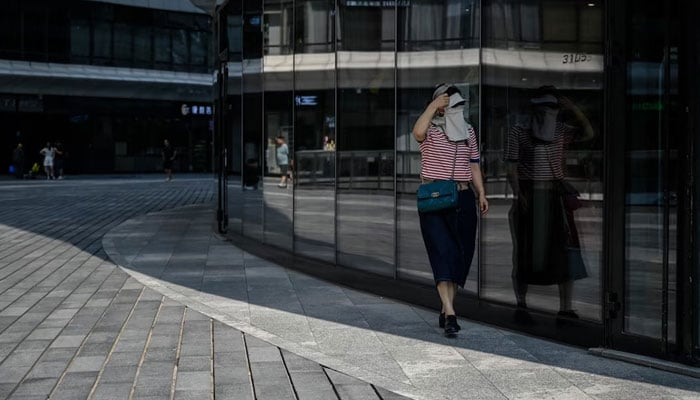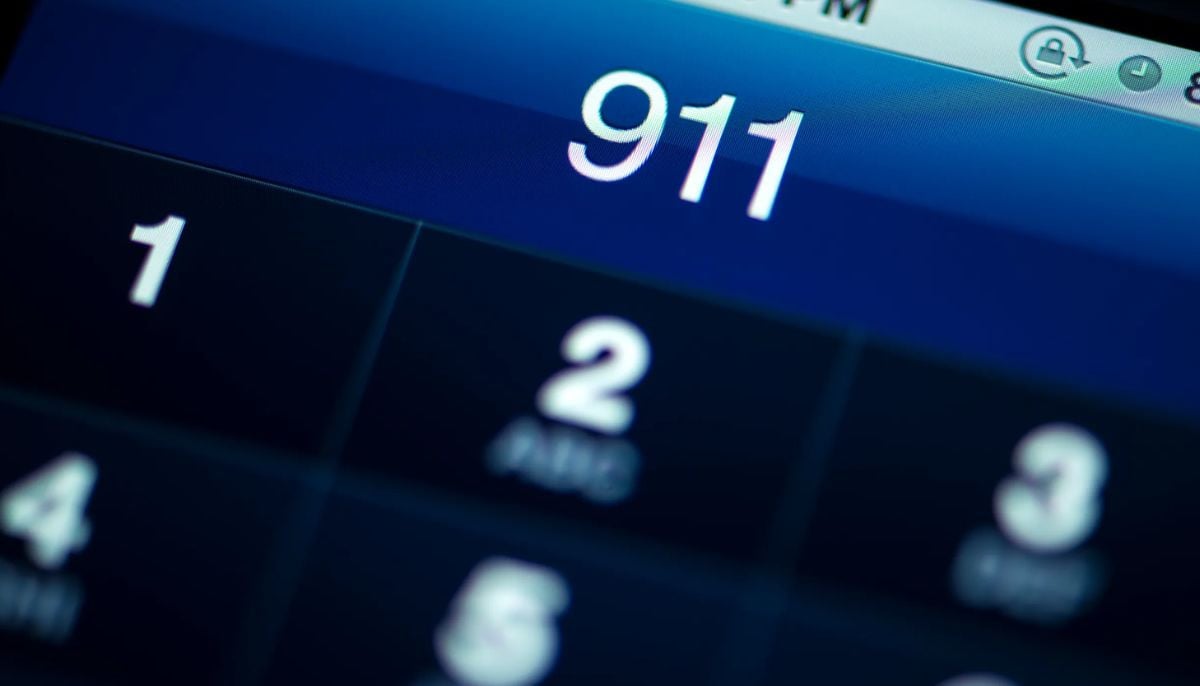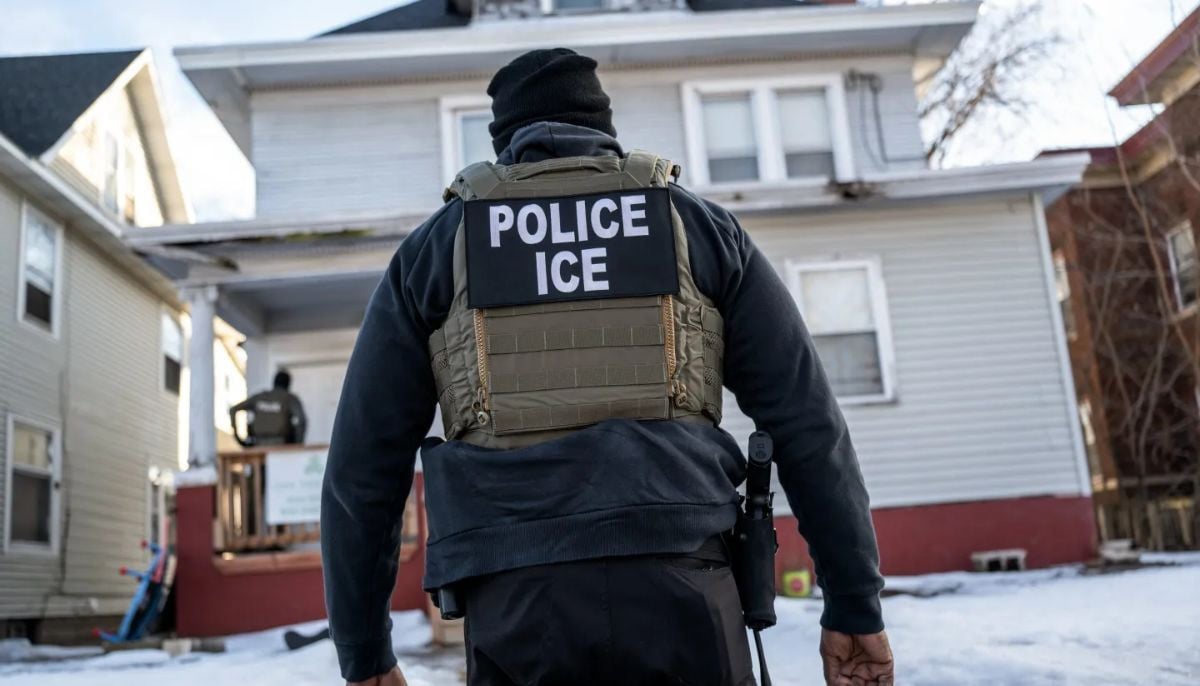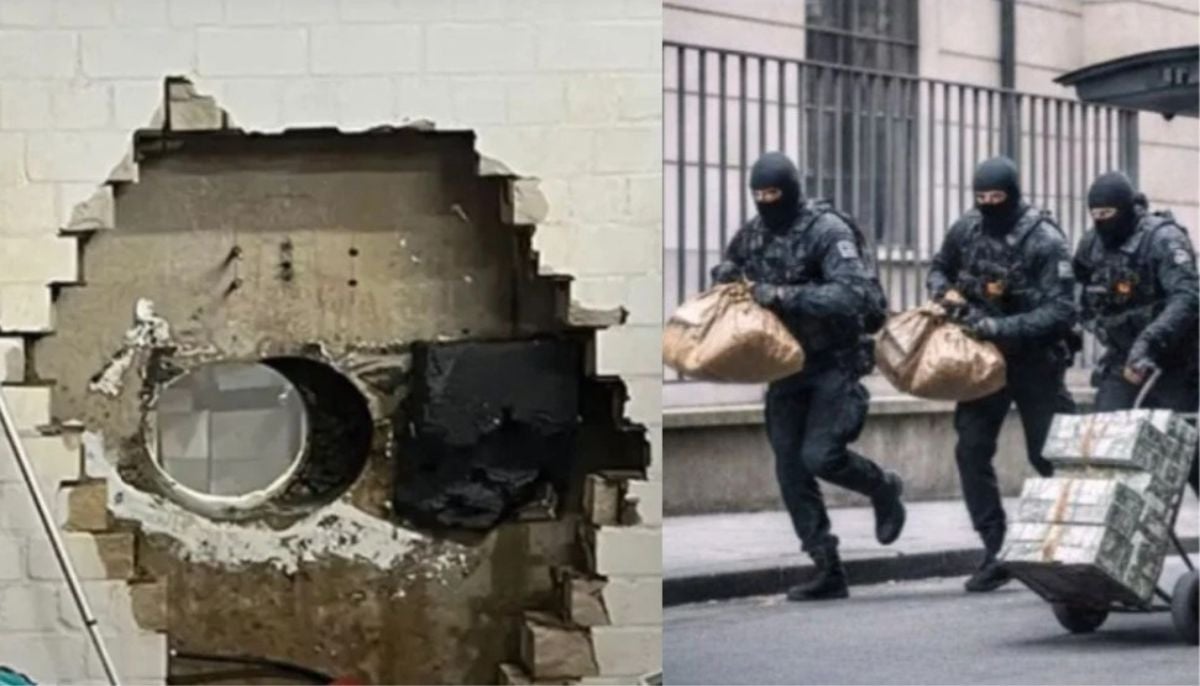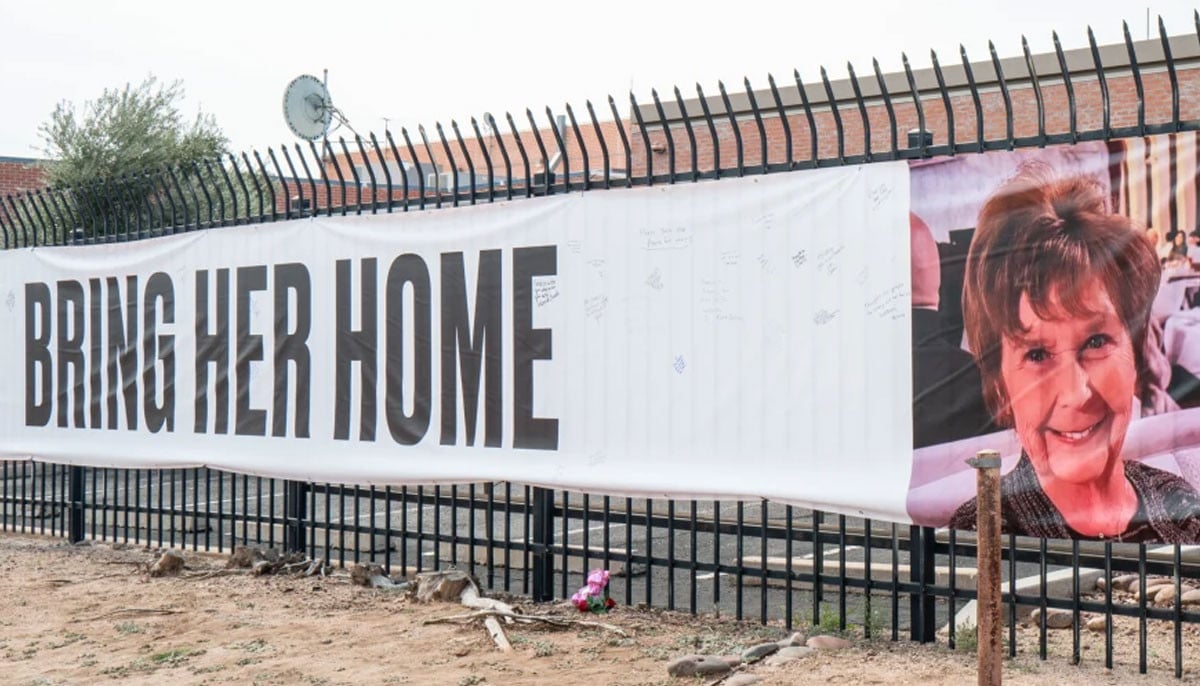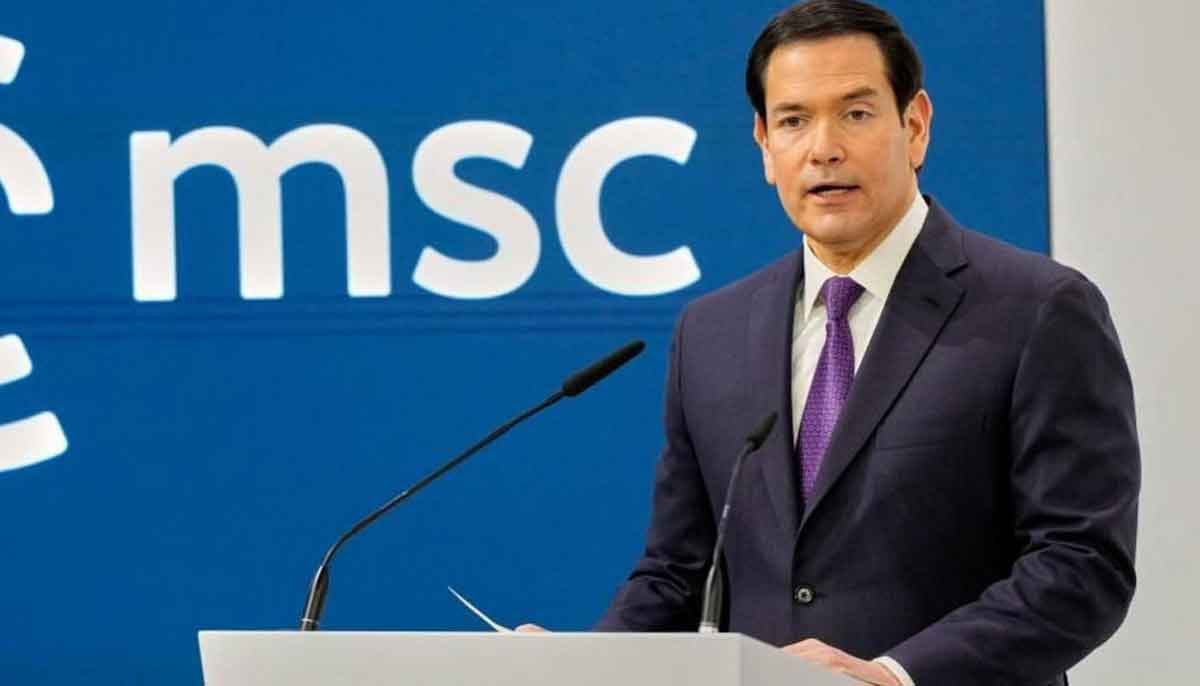This is how extreme heatwaves hit small businesses and workers hard in July
In July, extreme heat advisories affected hundreds of millions of Americans, especially in South and Southwest regions
Record-breaking heatwaves swept across the United States in July, causing significant challenges for small businesses and their employees.
A recent report by the small business payroll company Homebase highlighted the impact of scorching temperatures on local economies, with many businesses forced to close early and reduce employee working hours.
The extreme heat advisories affected hundreds of millions of Americans, especially in the South and Southwest regions, where historic highs were recorded. Consumers opted to stay indoors to avoid the dangerous temperatures, leading to a decline in foot traffic for businesses and a shift in consumer behavior.
According to the report, small business employees nationwide worked 0.9% fewer hours during the first two weeks of July compared to the last two weeks of June, which is a typical seasonal change in the summer months. However, the hardest-hit cities experienced slowdowns up to five-and-a-half times higher, with employee working hours reduced significantly.
In New Orleans and Memphis, for instance, employees worked 5.7% and 5.1% fewer hours than in June, respectively. Business owners in these cities had to shorten hours to adjust to fewer customers and protect their employees from excessive heat exposure. On the other hand, cities like Boston, which experienced shorter heatwaves, saw an increase in employee working hours.
Danah Lee, an employee at Willie's Taco Joint in Phoenix, witnessed firsthand how the extreme heat impacted businesses and workers. "Not only is it affecting our business, but it's affecting my team. Working long hours in this heat is very hard. I've had to have more people on my schedule, working shorter shifts to make sure we have no heat exhaustion," Lee explained.
The situation is particularly concerning for labor-intensive outdoor industries. Travis Parsons, director of occupational safety and health for the Laborers International Union of North America, warned that some employers were not obliged to make accommodations for the extreme heat, leaving workers vulnerable to heat-related injuries.
The spotlight on this issue raises the urgency for federal oversight and measures to protect workers during extreme heat conditions. Small businesses and workers alike are facing the brunt of these heatwaves, necessitating collective efforts to ensure their safety and well-being during such challenging times.
-
key details from Germany's multimillion-euro heist revealed
-
Uber enters seven new European markets in major food-delivery expansion
-
Search for Savannah Guthrie’s abducted mom enters unthinkable phase
-
Barack Obama addresses UFO mystery: Aliens are ‘real’ but debunks Area 51 conspiracy theories
-
Rosie O’Donnell secretly returned to US to test safety
-
'Harry Potter' star Rupert Grint shares where he stands politically
-
Drama outside Nancy Guthrie's home unfolds described as 'circus'
-
Marco Rubio sends message of unity to Europe
